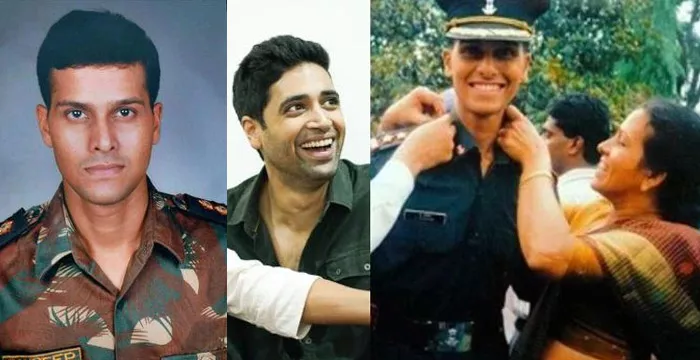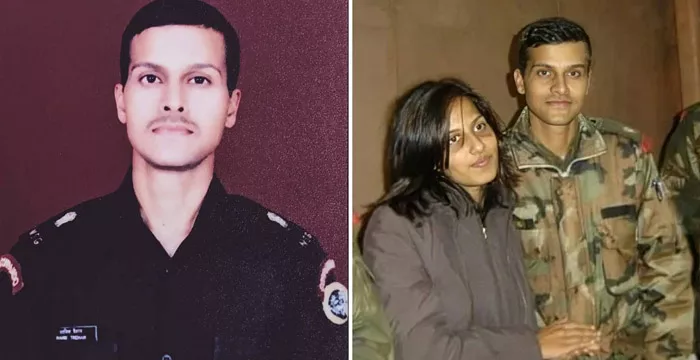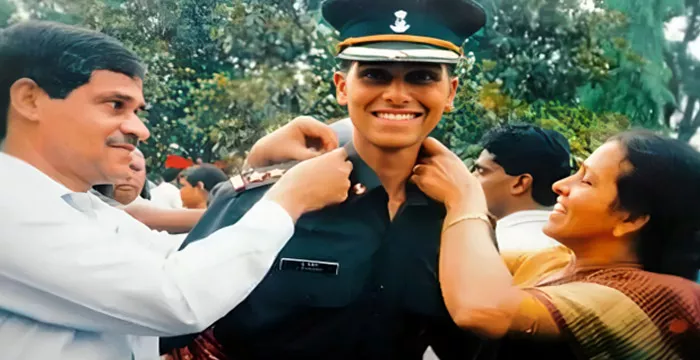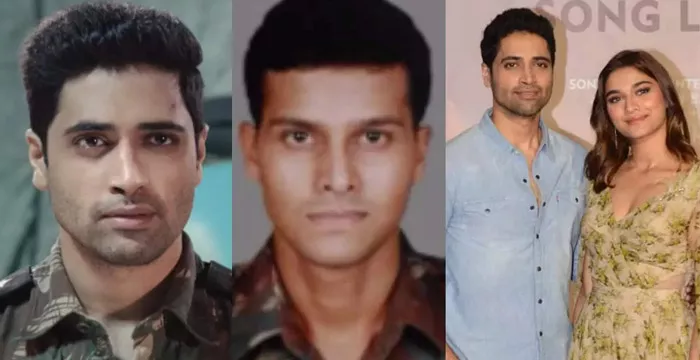
Neha Unnikrishnan’s name rarely appears in the news, but her story is quietly carried in the hearts of many. She is best known as the wife of Major Sandeep Unnikrishnan, the brave NSG officer who was martyred in the 26/11 Mumbai attacks. While the nation honours his bravery, few truly understand the journey of the woman who stood beside him and then had to walk alone.

This is not a tale of grand gestures or public speeches. It is a story of love built over years, of loss that came too soon, and of a woman who chose silence over sympathy, and dignity over display.
A Childhood Rooted in Values
Born in Kerala and raised in Bengaluru, Neha Unnikrishnan grew up in a home that valued resilience, patience, and quiet strength. She attended Frank Anthony Public School, one of the city's most respected educational institutions. It was here that she built the foundation for a life that would test those values most unimaginably.
A Relationship That Grew Over the Years
Neha met Sandeep Unnikrishnan in school. They were classmates, friends first, and eventually, something much more. Their connection grew slowly and steadily—a bond built not on drama, but on shared understanding and trust.
While Sandeep went on to pursue his dream of joining the Indian Army, their relationship endured across distance and duty. Even through his rigorous training and multiple postings, the two remained deeply connected. Their story was one of rare emotional commitment and patience, lasting over 14 years before they decided to get married.
A Marriage Meant to Last, But Gone Too Soon
In early 2008, Neha and Sandeep got married. For most couples, this would be the start of a new chapter. For them, it was the closing of one book and the opening of another—one that ended far too quickly.
Later that same year, on 26 November 2008, Sandeep was killed while leading a counter-terrorism operation at the Taj Mahal Palace Hotel in Mumbai. He died protecting hostages, his final words to his team reportedly being, “Do not come up, I will handle them.”

Neha had become a wife just months before. In a single moment, she became a widow.
They had no children, but they had more love than many do in a lifetime.
After the Headlines Faded, She Chose Her Silence
As the country paid tribute to Major Sandeep, many wondered what became of Neha. Did she remarry? Did she have children? Where did she go?
The answer is as quiet as the woman herself.
Neha never remarried. There is no evidence, no reports, and no appearances that suggest she tried to start a new life in the way people often expect. Some bonds are too deep to be replaced, and some losses are too personal to share.
She and Sandeep didn’t have children. But what they shared was a private world of trust and loyalty that didn't need to be explained or proved.
After the tragedy, Neha stepped away from the public eye entirely. No interviews. No media statements. No social platforms. Not because she was hiding—but because she was healing. She let the world remember her husband while she remembered him in her own way.
In a time when visibility is often mistaken for strength, she showed the world that strength can also look like silence. That walking away from attention can be an act of deep self-respect.
Private Life, By Choice
Little is known about Neha’s life today, and that’s exactly how she wanted it. Here’s what we do know:
- Born in: Kerala
- Grew up in: Bengaluru
- Schooling: Frank Anthony Public School
- Height: Approximately 5 ft 4 in
- Religion: Hindu
- Marital Status: Widowed
- Children: None
- Current Life: Private, and away from public attention
She never asked to be known, but her story still resonates with thousands who silently admire her strength.

Her Story on Screen: A Glimpse into Her World
In 2022, the film Major was released, based on the life of Major Sandeep Unnikrishnan. Actress Saiee Manjrekar portrayed a character inspired by Neha. The movie shed light not just on Sandeep’s courage, but also on the emotional battles faced by the families left behind.
It gave viewers a rare window into Neha’s world—of waiting, of worry, of deep loss, and above all, quiet resilience.
Not All Heroes Wear Uniforms
Neha Unnikrishnan didn’t fight with weapons. She didn’t stand in front of cameras or speak at memorials. But her strength is no less than that of the man she loved. While he fought for the country, she now fights every day with memory, solitude, and strength.
Her story may not fill news channels or trend online, but it doesn’t need to. It exists in the silence she chose, the love she never let go of, and the dignity with which she continues to live.
In a world full of noise, she remains a symbol of something much rarer: grace in grief, and honour in silence.





Comments